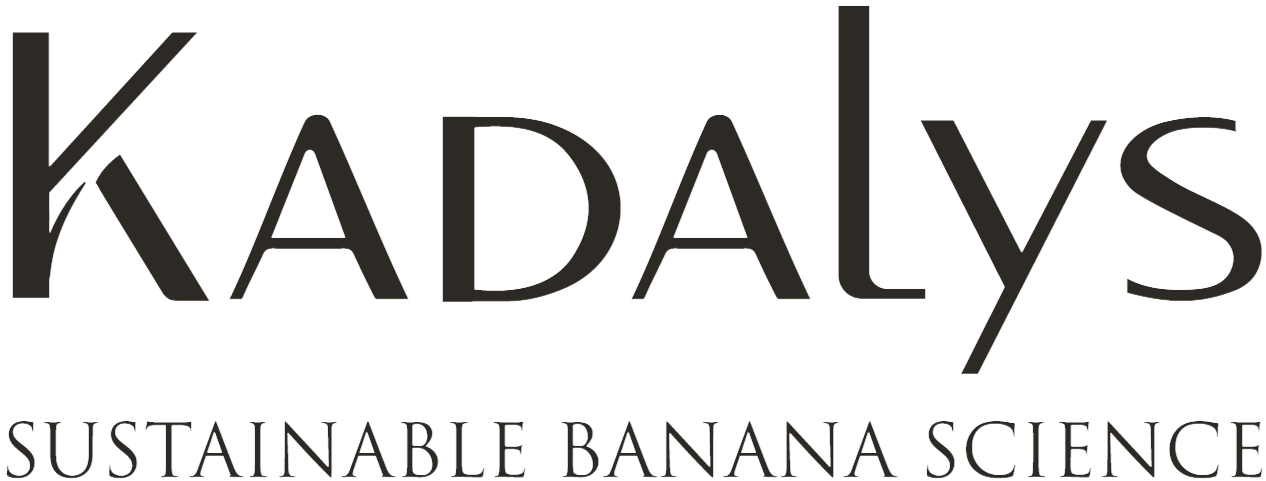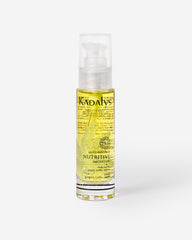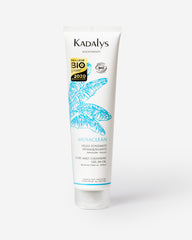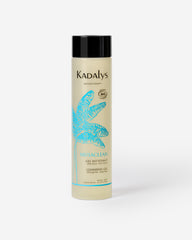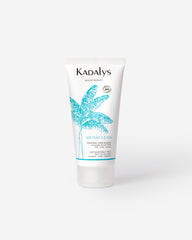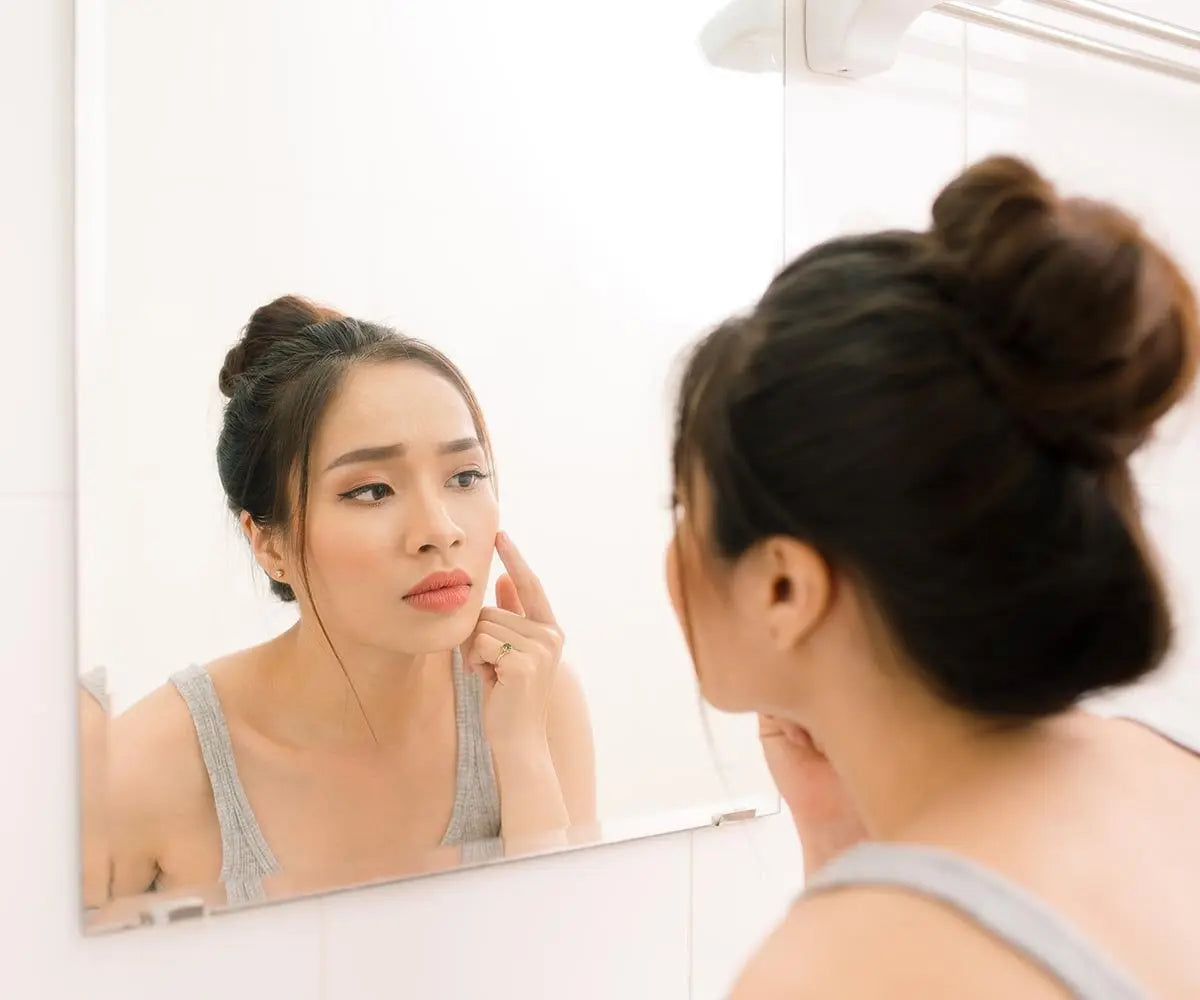
How to recognize and treat hormonal acne?
The more the years go by, the more it seems that many adults are facing hormonal acne. It is estimated that almost 40% of people over the age of 30, mostly women, have adult acne... The cause? Lifestyle, yes, but also, and especially, hormonal fluctuations! It is therefore easier to understand why women are more prone to acne: as soon as a new menstrual cycle begins, hormones go crazy and acne appears. To help you see things more clearly, we explain today what hormonal acne is and how to treat it!
What is hormonal acne? How do you recognize it?
Hormonal acne is a type of acne related to hormones. A hormone is a "chemical substance produced by a group of cells or an endocrine gland and which exerts a specific action on the functioning of an organ" (definition in the Robert dictionary). Basically, hormones are messengers that circulate information to the different organs and tissues in the body! Among the main female hormones are progesterone and estrogen, while for men, testosterone is their main hormone. During adolescence, men and women experience hormonal fluctuations and upheavals, which often leads to an overproduction of sebum, clogged pores and the appearance of pimples! However, during this "obligatory" passage that is adolescence, everyone expects to have an acne outbreak. It is considered normal for the age since hormones are going crazy!
However, once the teenage years are over (around 20 or 22 years old) the pimples are supposed to disappear. But no! Adult acne can persist and some people who have fallen through the cracks as teenagers can find themselves in the middle of a severe acne crisis once they reach adulthood!
To recognize hormonal acne, you can look for different clues:
- the place where the pimples appear; it seems that the chin and jawline are the most popular places for hormonal acne
- the time when the pimples appear (cycle, pregnancy, menopause, ovulation)
- the type of pimple (painful cysts, red and inflamed pimples).
These clues and some blood tests can help your doctor diagnose adult acne. Once diagnosed, he or she will be able to help you with a treatment to reduce the blemishes. To help you in this process, you can also think about changing your beauty routine to more gentle and skin-friendly care! We leave you with our tips to remove acne pimples naturally, you never know, it may help!
Where can you get hormonal acne?
You should know that the skin is one of the body's emunctory organs. With it, we also find the kidneys, the lungs, the intestines and the liver! The role of an emunctory organ is to eliminate toxins present in the body. The skin being the last emunctory organ, it often takes over if the other organs are out of order. According to Chinese medicine, it is possible to know the state of the emunctory organs by observing where the acne is located! This method is called "face mapping" and it is quite revealing of the state of our body. If your acne is located :
- on the forehead, it is a digestive problem
- on the lower forehead, neck and chest, it is a stress problem
- between the eyebrows, it is a liver problem
- on the nose, it is a problem of food balance
- on the temples, it is a drainage problem at the level of the kidneys
- in the middle of the chin, it's a stomach problem.
Finally, as mentioned above, if you notice pimples on the lower part of the face (jaw and chin), it is a hormonal concern! If you ever want to know more about the different types of pimples and how to treat them, we invite you to read our article on this subject.
How to treat hormonal acne? The different natural treatments.
Hormonal acne is quite difficult to treat and for some people, just the diagnosis can take several months! Then follows a series of often unsuccessful attempts to get rid of it. Since hormonal acne is directly linked to a dysfunction of one or more hormones, treatment with medication will offer a more effective solution than cosmetics. However, you can also change a few aspects of your routine to help your skin feel better! First of all, you should set up a good beauty routine to avoid excessive sebum production. A good makeup remover, a good cleanser, a good day and night cream and, if needed, targeted care for pimples and scars. If you are very prone to acne (not just hormonal), avoid excessive scrubbing or peeling. The more you stimulate your sebaceous glands, the more excess sebum you will produce... It's all about balance! Then, make sure you drink at least 2L of water a day and limit the consumption of dairy products and refined sugars since they are considered to be endocrine disruptors.
Also remember to eat balanced meals: proteins, vegetable or animal, starchy foods and, above all, as many vegetables as you want! If you think that your emunctory organs are out of order, you can also take a probiotic cure to help your intestines, liver and kidneys. A little lime squeezed in warm water in the morning can also help you have a more beautiful skin. Also think about organic food supplements to boost your levels if you have deficiencies! In terms of beauty products, we can only advise you to turn to organic and natural cosmetics. More respectful of the skin, they will help you to soothe, moisturize and purify it, thanks to natural ingredients such as essential oils, seaweed extracts or vegetable oils!
If you already have an organic face routine, we invite you to discover our range of organic products to treat blemishes. Peeling, soothing gel, purifying mask and clarifying lotion, everything is here to relieve your skin in case of acne crisis!
How to cure severe hormonal acne?
Acne-prone skin can also be very painful, to the point where you can no longer put your cheek on your pillow... In this case, it is highly recommended to consult a dermatologist. This skin specialist will undoubtedly have you undergo more extensive examinations to find out the cause of the problem. Among the treatments offered, you may be prescribed the famous Roaccutane (now marketed as "Procuta®", "Curacné®", "Contracné®" or "Acnetrait®"). This treatment is generally prescribed to people suffering from severe acne. Several side effects, such as worsening of the acne at the beginning of the treatment or a significant desquamation of the skin can be experienced while taking it. People are also strongly advised not to go out in the sun and to moisturize their skin to avoid burning effects. Benzoyl peroxide-based treatments may also be prescribed for people suffering from severe acne. A powerful antibacterial and oxidizing agent, it neutralizes the overproduction of sebum and dries up pimples. Again, side effects can be observed. These treatments are only prescribed in cases of severe acne, often after other more gentle treatments have been tried.
Hormonal acne has become more and more talked about in recent years and can be disabling and even create complexes for people who have it.
Don't hesitate to try our natural tips and consult a professional if you feel the need!
